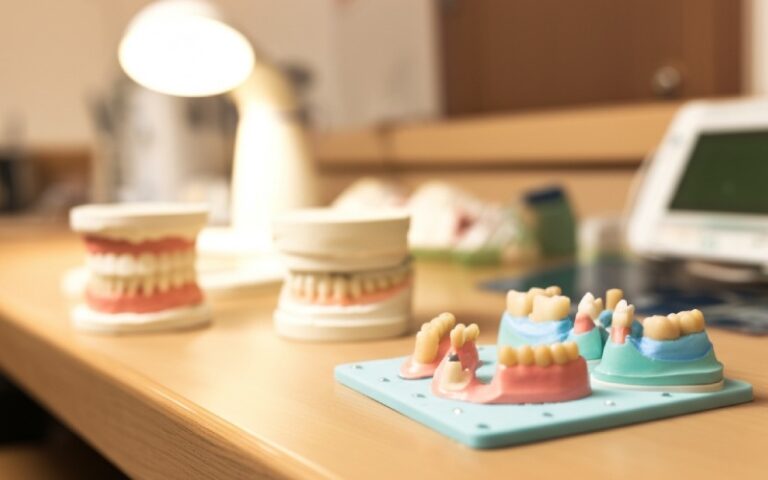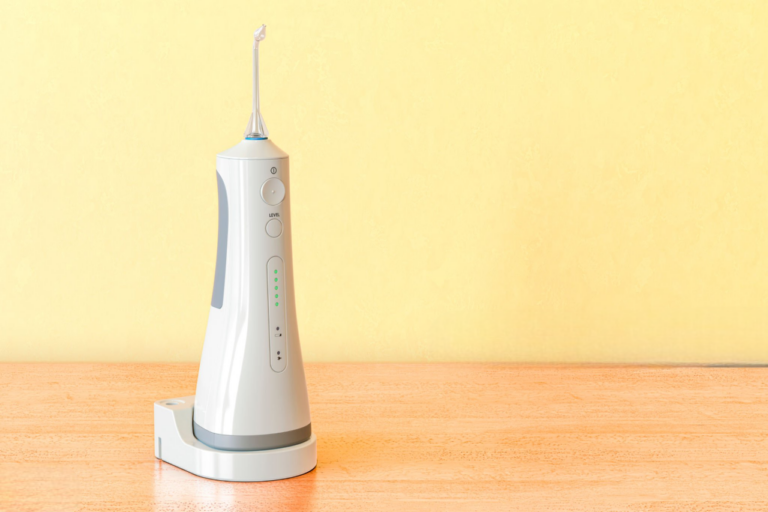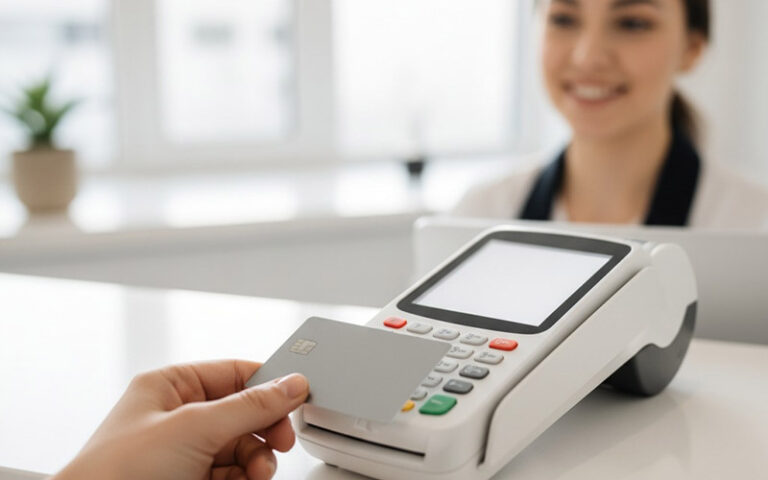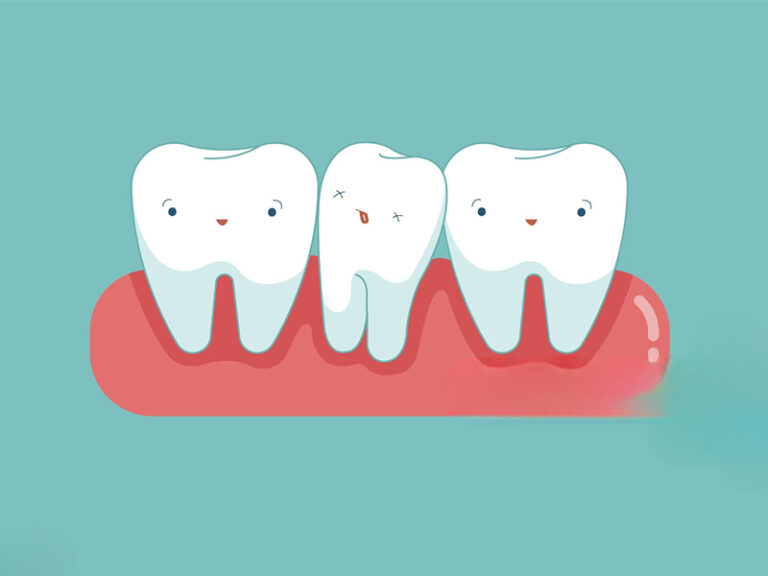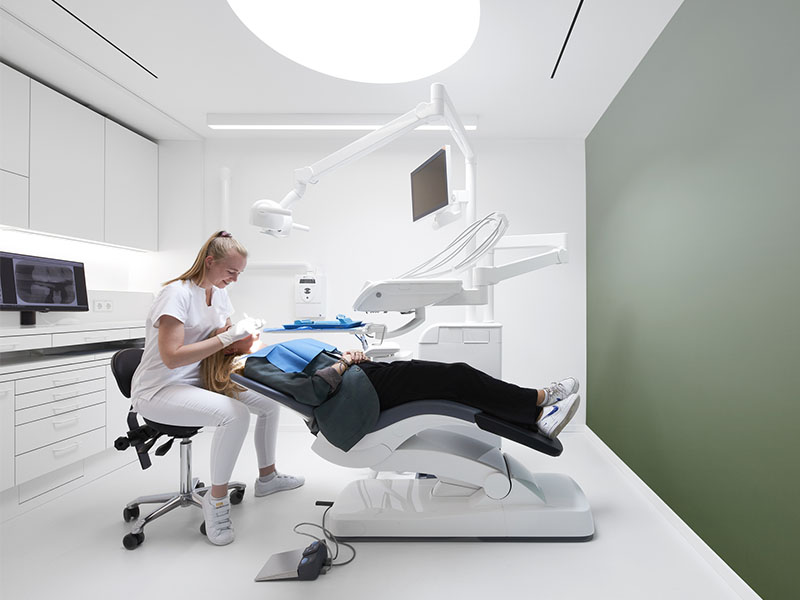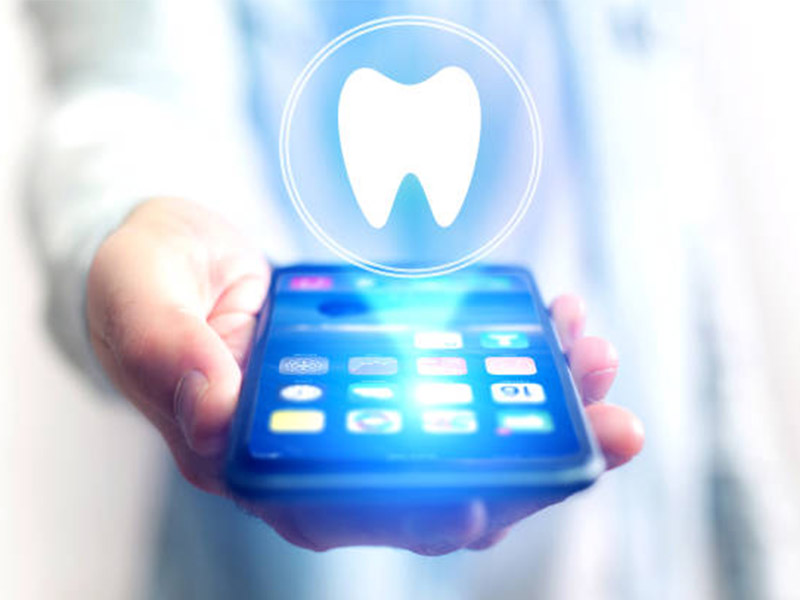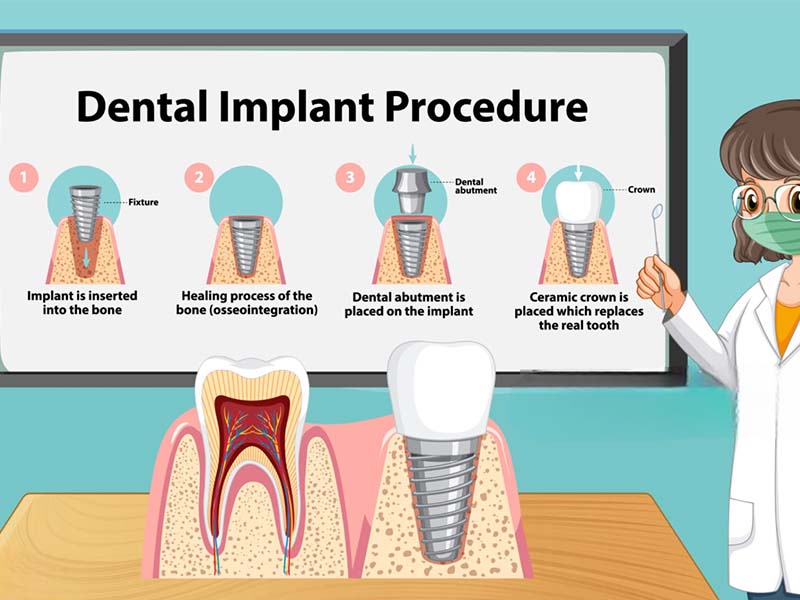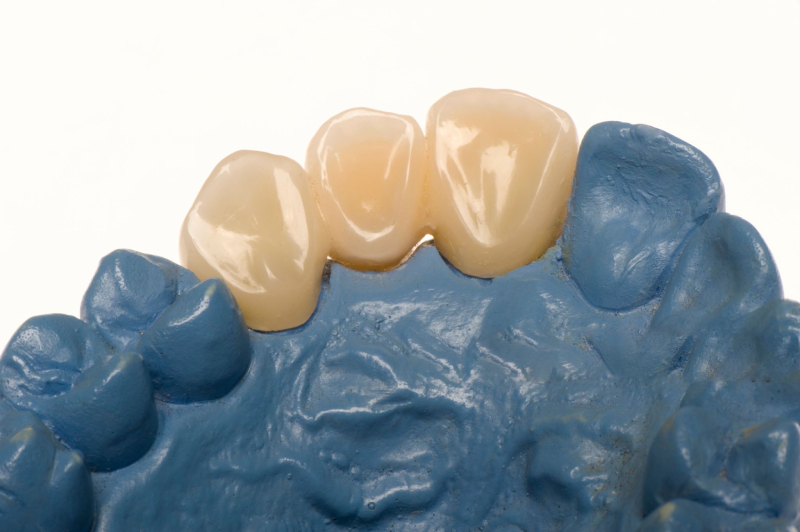
Do Dentists Take Medicaid? My Guide to Navigating Dental Coverage
Table of Contents
Understanding Medicaid Dental Coverage: My Personal Journey
If you’re like me, dental insurance feels like a jigsaw puzzle. When I first looked for a dentist who took Medicaid, I started with a simple question: “Do dentists even take Medicaid?” The answer, I found, is not just yes or no. It changes depending on where you live, your age, what insurance you have, and even the dentist’s own rules.
I’ve dealt with annoying phone calls, confusing websites, and appointments that never happened—all because Medicaid’s dental coverage isn’t always clear. If you’re feeling lost, I totally get it. Here’s what I’ve learned about finding real answers and, most important, real dental care with Medicaid.
The Reality of Medicaid Dental Acceptance: What I’ve Learned
Why Some Dentists Accept Medicaid and Others Don’t
Here’s something I figured out the hard way: not all dentists take Medicaid—even if technically they can. In fact, less than 40% of dentists in the U.S. said they took new Medicaid patients in 2020. Why so few? I kept hearing a few main reasons:
- Low pay. Dentists often get paid a lot less for Medicaid patients than for folks with private insurance. One dentist told me that some basic treatments barely cover the cost of what they use.
- Lots of paperwork. I heard more than once about tons of forms, slow payments, and headaches with the system. One friend who works in a dental office told me it was like “jumping through hoops.”
- Limits on what’s covered. Medicaid may not pay for certain treatments or there could be strict rules about when they cover something. That can make it not worth it for some dental offices.
State-by-State Differences: A Patchwork System
I moved around a lot growing up, and one thing always surprised me—Medicaid dental benefits can be totally different depending on the state.
- In some places, adults only get emergency tooth pulling. In others, you might also get cleanings and fillings.
- Every state must cover dental care for kids under 21. But after that birthday? Coverage might disappear.
- I once got a root canal covered in one state, but after I moved, I couldn’t even get a regular cleaning.
If you’re searching “do dentists take Medicaid” plus your state’s name, you’re definitely not alone. Where you live really changes your options.
Common Challenges in Finding a Dentist Who Accepts Medicaid
Finding a Medicaid dentist can feel like searching for a needle in a haystack. Here’s what I ran into:
- Old lists. More than once, I called places listed as “accepting Medicaid,” only to find they don’t anymore or only take a certain version.
- Long waits. Some clinics are booked out for months.
- No providers nearby. Especially in rural places, you might not find a dentist within a reasonable drive.
I learned fast—don’t quit, but do be realistic and keep another plan in your back pocket.

What Dental Services Does Medicaid Actually Cover?
You can’t make smart choices about your dental care until you know what Medicaid will pay for. At first, I thought I could just show my card and get anything fixed, but I was way off. Here’s a clearer picture after learning the hard way.
Coverage for Children: The EPSDT Mandate
If your kid’s under 21, here’s some good news. Federal law says there has to be full dental coverage for children with Medicaid, through a rule called EPSDT (Early and Periodic Screening, Diagnostic, and Treatment). When my niece needed braces for a real bite problem, Medicaid paid because it was needed for her health. Other stuff they usually cover:
- Regular cleanings, exams, and x-rays
- Filling cavities
- Pulling bad teeth
- Needed braces, if it’s about health—not just looks
- Emergency dental care
If you’re a parent or looking after a child, ask for a list of what’s covered. Basics like checkups are usually included.
Coverage for Adults: A Mixed Bag
Now, for adults—the area that tripped me up the most.
- Emergency-only in some states: Often, this just means they’ll pull a tooth to get rid of pain or infection, but that’s about it.
- Basic stuff in some states, nothing in others: A few states pay for cleanings, fillings, or some crowns. When I moved to a state that had more benefits, I felt like I hit the jackpot.
- Rarely covered: Crowns, bridges, dentures, and implants. Sometimes, if it’s really needed and your dentist fights for it, you might get a yes—usually you don’t.
- Pregnant women & others: Some states offer more coverage for people who are pregnant or in certain groups. Ask if you think you might qualify.
How to Check Your State’s Medicaid Dental Benefits
If you don’t know what your Medicaid covers, don’t guess. Here’s what worked for me:
- Go to your state Medicaid website. Look for the dental benefits section or the “benefit booklet.”
- Call the phone number on your Medicaid card—ask what’s covered for your age.
- If you have a Managed Care Organization (MCO), check their website or call and ask about your benefits.
It’s smart to double-check before any dental visit. Otherwise, you might end up on the hook for charges.
How I Find a Dentist Who Accepts Medicaid: My Step-by-Step Approach
Through trial and error, I’ve come up with a plan for finding a dentist who takes Medicaid without wasting all day. Here’s what I do.
Using State Medicaid Programs and Provider Directories
First stop? The Medicaid website for my state. Most have a list of dentists (provider directory)—but don’t bet everything on it. Sometimes it’s out of date, so treat it as a place to start, not the end.
- Search under dental, use your zip code or county.
- Write down every office you can get to.
- Start with those closest to home.
Contacting Medicaid Managed Care Organizations (MCOs)
If you have a program like DentaQuest or MCNA, check their website for a list of dentists who still take their plan. Calling their member services has helped me get the most up-to-date info—sometimes they’ll even help set an appointment.
Some big ones are:
- DentaQuest
- MCNA Dental
- LIBERTY Dental Plan
- UnitedHealthcare Community Plan
Online Directories and Tools
Sites like Zocdoc or Healthgrades let you search for “Dentists who take Medicaid.” These aren’t perfect, but they do give more options.
- Pick “Medicaid” when you pick insurance.
- Check reviews. If people complain about denied claims, I usually skip that office.
- Always call to double-check before going.

Community Health Centers and Dental Schools
Some of my best luck has come with community health centers (CHCs) or FQHCs. They have to take Medicaid, and they’re used to helping folks who don’t have private insurance.
Dental schools are another good option. I went to one with a family member, and supervised students gave good care while teachers double-checked their work.
If you’re curious about types of dental labs they might use, places like a china dental lab or a dental ceramics lab can help save money, especially with things like crowns or bridges.
Picking Up the Phone and Calling Offices
This is where it really starts. Here’s my move:
- Call around. Confirm a dentist takes Medicaid and that they’re taking new patients on your specific plan.
- Ask how long you’ll have to wait and if they need any papers before your visit.
- Always check your coverage before you go—plans change, and office staff know what’s current.
Tips for a Smooth Medicaid Dental Visit
A little prep saves a lot of trouble. Here’s what works for me.
Verify Eligibility and Ask About Coverage
- Check that your Medicaid is active—especially if you haven’t used it in a while.
- Ask the office to check your coverage and what you can get for your age.
Understand Limitations, Co-pays, and Authorizations
- Some things need a yes before you get them—ask up front about x-rays, crowns, root canals, or dentures.
- Find out about dollar limits, how many visits you get, or any co-pays. Most offices can tell you or find out quickly.
Communication Counts: Build Relationships
- Be honest with the dentist and staff if you have questions. I’ve found if you’re open, offices work with you a lot better.
- If you need a specialist, ask about getting a referral. Sometimes you need paperwork from your first dentist to see someone else.
When You Can’t Find a Medicaid Dentist: Alternatives I’ve Explored
Sometimes, every Medicaid dentist near me was full or not taking new patients. Here’s where I found help when regular options didn’t work.
Sliding Scale and Low-Income Clinics
Sliding scale clinics charge you based on what you make, not your insurance. I got a checkup for way less at a charity event. They may do less work, but if you just need an exam or tooth pulled, this can help.
Dental School and Assistant Programs
Tooth cleaning schools and dental schools see walk-ins. You might have a student, but a pro always checks everything. These are great for basic care or small fixes.
State-Funded and Nonprofit Help
Some states have free dental days, tooth clinics on wheels, or extra help for seniors, people with disabilities, or pregnant women. Even when Medicaid is emergency only, you can sometimes get cleanings or fillings for little or no money.
If you need dentures, community programs might send you to a removable denture lab—which can help with price and speed.
Frequently Asked Medicaid Dental Questions I’ve Encountered
People ask me the same things again and again, so here’s what I know from experience.
Does Medicaid pay for braces for adults?
Almost never, unless there’s a real health reason—like a bad jaw, not just for looks.
Can I get dentures with Medicaid?
Maybe, but only in some states. You’ll probably need a dentist to say you need them for your health. Ask about coverage and possible labs like a dental lab for retainers or dentures.
What if I need emergency dental care?
Most states cover pulling teeth or treating infections for adults. Kids usually have more choices, sometimes same or next day if it’s really bad.
How often can I get my teeth cleaned with Medicaid?
Usually one or two times a year for kids. Grownups depend on where you live—it might not be covered.
Why Dental Care on Medicaid Matters: My Final Thoughts
I’ve seen how dental care changes lives. A toothache isn’t just a pain—it can mess up your sleep, eating, and even how you feel about yourself. Bad teeth can lead to bigger health issues like diabetes or heart problems. That’s why I think Medicaid dental coverage isn’t “extra”—it’s important.
Medicaid is supposed to be a safety net, but dental care often slips through the cracks. Easier access, better coverage, and clear info help everyone. I always push my friends and family to ask for full dental benefits, and to take care of their own teeth. Don’t give up before checking what’s out there.
Taking Charge: Your Next Steps
Here’s what I’d tell anyone, after all I’ve learned:
- Check your state’s Medicaid dental rules. Don’t guess, check the facts.
- Use every tool: Online lists, call around, try health centers, and visit school clinics.
- Ask questions every time. If someone sounds unsure, push for details or call again if you’re still lost.
- Don’t wait. Small tooth problems can get bigger (and pricier).
- Get help from your community. Most folks find new options through word of mouth, social workers, or local charities.
If you stick with it and are patient, you’ll find dental care that fits your Medicaid. I did—it’s possible for you too.
Want to know more about dental fixes, lab help, or how different materials can make a difference? Check out resources like a digital dental lab, or, if your dentist suggests zirconia or Emax, look into a zirconia lab or an emax dental lab. Sometimes knowing about these things helps you ask better questions at the dentist—and gives you more control over your dental care.
Don’t forget, being stubborn and asking good questions matter just as much as your insurance. Keep finding out, keep asking, and most of all, keep smiling. Your teeth matter.

